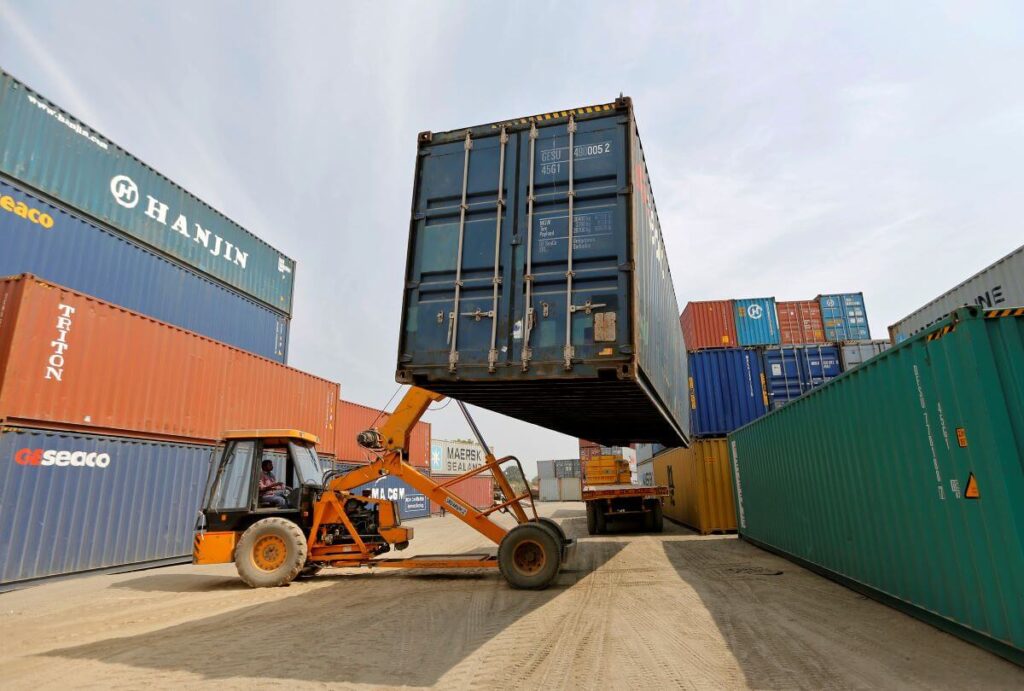The external sector of Tanzania’s economy continues to experience the adverse effects of the global shocks: lingering effects of the COVID-19 pandemic, supply-chain disruption caused by the war in Ukraine, climate change effect, and monetary policy tightening through interest rate hikes in advanced economies.
According to the Bank of Tanzania (BoT) Monthly Economic Review for August 2023, shocks led to the widening of the current account deficit following a significant increase in import bills during July, 2023.
As a result, Tanzania’s current account deficit widened to $4.44 billion in July this year from of $3.77 billion recorded during the same period last year, as imports increased faster than exports.

“Nonetheless, the current account position is expected to improve owing to the downward trend of commodity prices in the world market observed since December last year, lessening of aggressiveness of monetary policy tightening in advanced economies in the recent months, and measures adopted in the country to address the imbalance in the current account, “the Central Bank report shows
The BoT report shows that seasonal earnings from tourism activities and the export of traditional crops are expected to improve the current account position.
Meanwhile foreign exchange reserves remained adequate, mainly driven by external loans and grants received by the Government, as foreign exchange inflows from exports were fully absorbed by rising import bill.
The reserves amounted to $5.24 billion at the end of July 2023, slightly below the level reached at the end of July 2022, on account of sale in the interbank foreign exchange market to support importation of goods and services.
“The reserves were sufficient to cover about 4.7 months of projected imports, which were consistent with the country and EAC benchmarks of at least 4 and 4.5 months, respectively,” BoT said







